HUDSON STREET PRESS
Published by the Penguin Group
Penguin Group (USA) LLC
375 Hudson Street
New York, New York 10014

USA | Canada | UK | Ireland | Australia | New Zealand | India | South Africa | China
penguin.com
A Penguin Random House Company
First published by Hudson Street Press, a member of Penguin Group (USA) LLC, 2014
Copyright 2014 by Mark McClusky
Penguin supports copyright. Copyright fuels creativity, encourages diverse voices, promotes free speech, and creates a vibrant culture. Thank you for buying an authorized edition of this book and for complying with copyright laws by not reproducing, scanning, or distributing any part of it in any form without permission. You are supporting writers and allowing Penguin to continue to publish books for every reader.
Portions of this book were originally published in WIRED and on www.WIRED.com.
Chart on courtesy of Kirk Goldsberry.
Excerpt of The Wildest Fastball Ever on courtesy of Pat Jordan.
 REGISTERED TRADEMARK MARCA REGISTRADA
REGISTERED TRADEMARK MARCA REGISTRADA
LIBRARY OF CONGRESS CATALOGING-IN-PUBLICATION DATA
McClusky, Mark.
Faster, higher, stronger : how sports science is creating a new generation of superathletes, and what we can learn from them / Mark McClusky.
pages cm
Includes bibliographical references and index.
ISBN 978-0-698-17500-6
1. Sports sciences. 2. Athletes--Training of. I. Title.
GV558.M34 2014
613.7'11dc23
2014021223
Neither the publisher nor the author is engaged in rendering professional advice or services to the individual reader. The ideas, procedures, and suggestions contained in this book are not intended as a substitute for consulting with your physician. All matters regarding your health require medical supervision. Neither the author nor the publisher shall be liable or responsible for any loss or damage allegedly arising from any information or suggestion in this book.
While the author has made every effort to provide accurate telephone numbers, Internet addresses, and other contact information at the time of publication, neither the publisher nor the author assumes any responsibility for errors or for changes that occur after publication. Further, the publisher does not have any control over and does not assume any responsibility for the author or third-party Web sites or their content.
Version_1
For Kristen
CONTENTS
INTRODUCTION
C hristopher Gore pauses and smiles as I ask him the Question. Were sitting in a conference room at the Australian Institute of Sport in Canberra, where hes the head of the physiology department. Weve just spent the past hour digging into the complex process that powers our cells at a muscular level, like our own little graduate molecular biology seminar. Ive come more than seventy-five hundred miles to the AIS to try and understand the secrets that the scientists, athletes, and coaches at the institute have uncovered in their decades of work to improve human performance. Getting to pick the brain of someone like Gore, who has done groundbreaking research on altitude training, on drug testing, and on precooling athletes for better performance in hot conditions, is a jump right into the deep end of the pool.
Near the end of our interview, after probing him with questions on all the ways that he tries to optimize elite athletes, I ask Gore what hes learned from all his experience and research that can be applied to everyday athletes. After a moment, he says, Well, these elite athletes, they arent like us.
And thats surely true. Part of what fascinates us about the worlds great athletes is how different they are from you and me. When we watch LeBron James drive through the lane with his unmatched combination of power and grace, we dont kid ourselves into thinking that we might be able to do the same thingwe marvel at his unique abilities. When we watch Mike Trout crush a fastball into the gap and sprint around the bases, we feel awe at his athletic gifts. When we watch an Olympic skier like Lindsey Vonn barrel down the hill, we shake our heads in respect for her fearlessness and aggression.
Like many writers who are drawn to sports, Im an athlete myself, although at a far lower level than these stars. When I was a kid, I was an OK bike racer, but never made it to the top ranks. Even when I was riding hundreds of miles a week, I saw other competitors who had invested less time and energy pass me by. Looking back, I realize this may have been what planted the seed for this book in my mindwere they just naturally better than I was? Did they work harder? Or had they found smarter ways to train that offered them greater benefits? Had they found some secret that I wasnt aware of?
In the years Ive been writing about sports and technology at Sports Illustrated and WIRED, Ive been chasing the answers to some of these questions. Having covered three Olympic Games and countless other sporting events, Ive talked to athletes, coaches, and scientists about what goes into the development of truly great performers, the kind of competitors whom we tell our kids we are lucky to see do their thing.
What Ive come to believe is that there arent any easy answers to the question of what makes a great athleteso many factors have to align to give us transcendent performers like Serena Williams and Usain Bolt. But there is a thread that unites our best athletes and teams today, and thats an increasing focus on science and technology as a way to push the boundaries of human performance.
Throughout this book, Ill argue that over the past century, weve made massive improvements in the athletic world through a better understanding of our bodies and how they can be trained. But weve seen recently that its becoming harder and harder to improve at the same rateits much more difficult to smash a world record than it used to be. Because of this, athletes have to be smarter about their trainingsurrounding themselves with a savvy team of scientists and technologists becomes basically essential. Although races can still be won through hard work and effort, they are increasingly won by competitors who not only work hard, but are smarter than the competition as well.
Heres an example from a very different world: Arie de Geus was an executive at Royal Dutch Shell for thirty-eight years, most prominently as the head of the companys strategic planning group. While de Geus was there, Shell became one of the largest companies in the world, partly through his groups innovations in whats called scenario planning, a technique that helps businesses and organizations develop flexible long-term plans by trying to envision scenarios that might play out in the future. In the mid-1980s, de Geus and his team had research that suggested that the price of oil, then twenty-eight dollars a barrel, might begin to decline, perhaps down to fifteen dollars a barrel (in these days of a hundred dollars per barrel of crude oil, this seems quaint).
De Geus and his team challenged the management at Shell to imagine how they would react to such a situation. When the price of oil plummeted as predicted (and all the way to ten dollars a barrel), the company had the advantage of having considered what to do in a way that much of its competition hadnt. Rather than being frozen by panic, the company was able to quickly change how it evaluated new drilling projects, emphasizing their cost rather than just the expected output of oil. De Geus had a particular saying that encapsulates the lessons he drew from such situations: The ability to learn faster than your competitors may be the only sustainable competitive advantage.

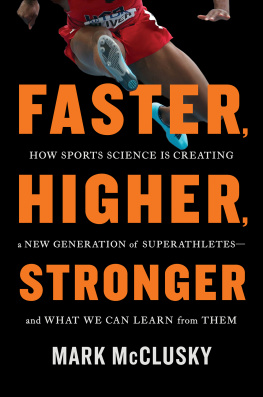
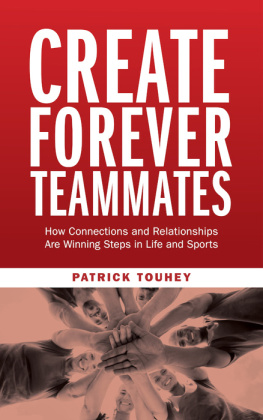

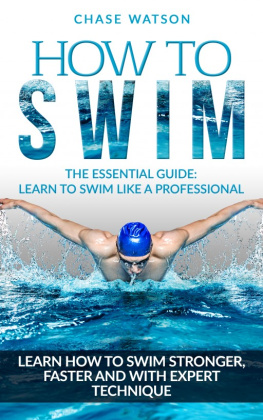
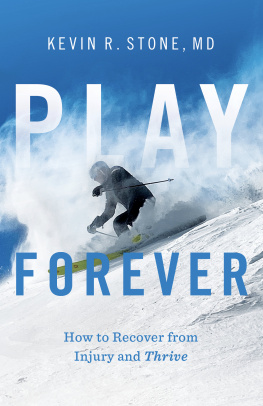

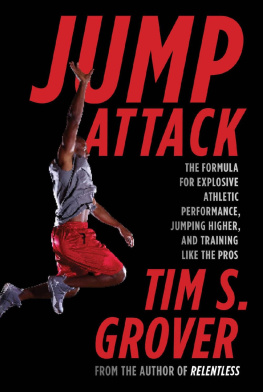
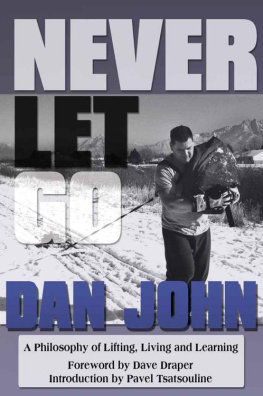



 REGISTERED TRADEMARK MARCA REGISTRADA
REGISTERED TRADEMARK MARCA REGISTRADA